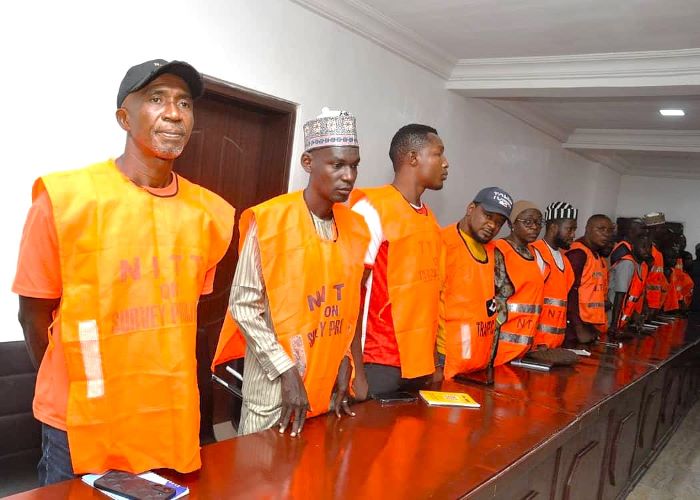The United Nations Children’s Fund (UNICEF) has launched a two-day policy dialogue in North-East Nigeria, aimed at enhancing social budgeting for sectors that impact children’s well-being.
The event brings together stakeholders from the six states in the region to explore strategies for sustainable funding of critical services for children.
The dialogue involves participants from various sectors involved in budget planning and implementation, all working to develop sustainable pathways for funding social services that are essential to improving the welfare of children in the region.
During the event, the Chief of UNICEF’s Bauchi Field Office, Mr. Mohammed Kamfut, represented by Social Policy Specialist Yusuf Auta, underscored the global commitment to children’s rights, as enshrined in the Convention on the Rights of the Child. He noted that despite progress in poverty reduction since the Millennium Development Goals, millions of disadvantaged children continue to face severe hardships.

Kamfut highlighted that children aged 0-17 years constitute 49.5% of Nigeria’s population, equating to around 102 million individuals, many of whom are disproportionately affected by poverty. He cited a 2020 report on Multidimensional Child Poverty, which revealed that over 47 million Nigerian children, or 47.4%, live in households below the national poverty line.
Kamfut expressed hope that the dialogue would lead to greater domestic investment in child-focused programs, building capacity and raising awareness about the challenges facing children in poverty. He also emphasised that with the right policies and resources, North-East Nigeria has the potential to lift children out of poverty and exclusion.
Gombe State Deputy Governor, Dr. Manassah Daniel Jatau, praised UNICEF’s initiative, noting that proper budgeting is key to meeting the needs of both the public and private sectors. He suggested following a structured budgeting approach, but acknowledged the difficulties posed by the region’s economic challenges.
Dr. Jatau emphasised that UNICEF’s initiative aims to reverse these obstacles through effective planning, resource mobilisation, and monitoring. He stressed that increased budget allocations would guarantee children, including those with special needs, access to essential services such as education, healthcare, and social protection.
He also expressed confidence that with political will, the Social Budgeting Dialogue could lead to greater public spending on children, with the introduction of dedicated budget codes for social protection across all levels of government.


